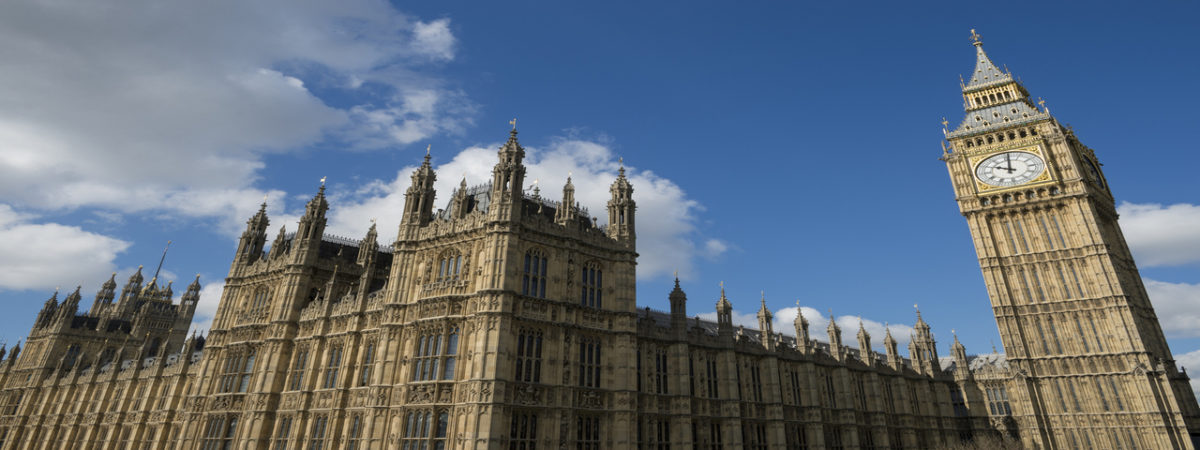Crony capitalism cannot be ‘tamed’ with more regulation
SUGGESTED



America’s big banks, as Mayra Rodríguez Valladares correctly points out, benefit from all kinds of special privileges to which smaller banks simply have no access – privileges that are created by legal and regulatory power, not the operations of legitimate market processes. While this ought to disturb and anger us, we cannot hope to tackle the privileges created by class legislation with still more legislation, for we have now seen that the halls of government are essentially bought and paid for. If the Crisis of ‘08 taught us anything, if we can glean a lesson from the multibillion-dollar bailouts and Federal Reserve ‘easing’ of toxic debt, it is that we have a government by and for connected Wall Street interests.
Innumerable arbitrary licensure requirements and a maze of complex legal and regulatory burdens compose an impregnable wall of privilege, protecting banks from genuine competition. And the banks spend tens of millions of dollars lobbying lawmakers for these valuable privileges. As the American Banker article observes, the market’s “perception of a government safety net” is another far more subtle form of privilege, less concrete but equally advantageous as a competitive edge for Wall Street’s giants. Under the expectation that Washington will intervene should another systemic financial crisis bubble up, other market actors treat the Too Big To Fail leviathans with a favoritism that translates into, for example, “cheaper pricing and more favorable collateral terms.”
Neither greed nor the existence of banks in itself represent a problem. Banks serve a vitally important purpose in the economy, providing valuable services which people want and for which they are prepared to pay. One need not attack bankers or their place within a proper, competitive free market system in order to be a ‘populist’ in good standing. On the contrary, a good, principled populist will direct her offensives at the true enemy of a free and fair society, at inequalities instituted through legal mechanisms. Indeed, we have a special term for a governmental system in which the economically powerful govern and create laws in their own private interest; we call such a system a plutocracy, and the relationship between Wall Street interests and Washington at least strongly hints that the United States is one of these. The American government’s response to the financial crisis that shook the global economy gives the lie to the myth that American corporations are the product of an unbridled free market gone awry. In truth, America is a free market libertarian’s dream in the same way that the Soviet Union was a workers’ paradise.
At one time, free trade and markets were understood quite correctly as a challenge to the legally enforced domination of mercantile interests, a blow to special charters and protectionist privileges. Today, as subjects of the bureaucratic state and its technocratic experts, we are taught to blame voluntary exchange for the blunders of governments and the failures of state-sponsored monopolists. We don’t need more laws like the one Capuano is proposing. We need far fewer laws, regulations, mandates, appropriations and taxes. The consumer of financial and banking services is best protected when competition is most unencumbered by legal privileges which tip the scales in favor of the powerful and well-connected. The very best the state can do to foster such a free and competitive marketplace is to swiftly move aside, to allow the natural forces of consumer preferences and price signals to work, in the banking sector and elsewhere.



